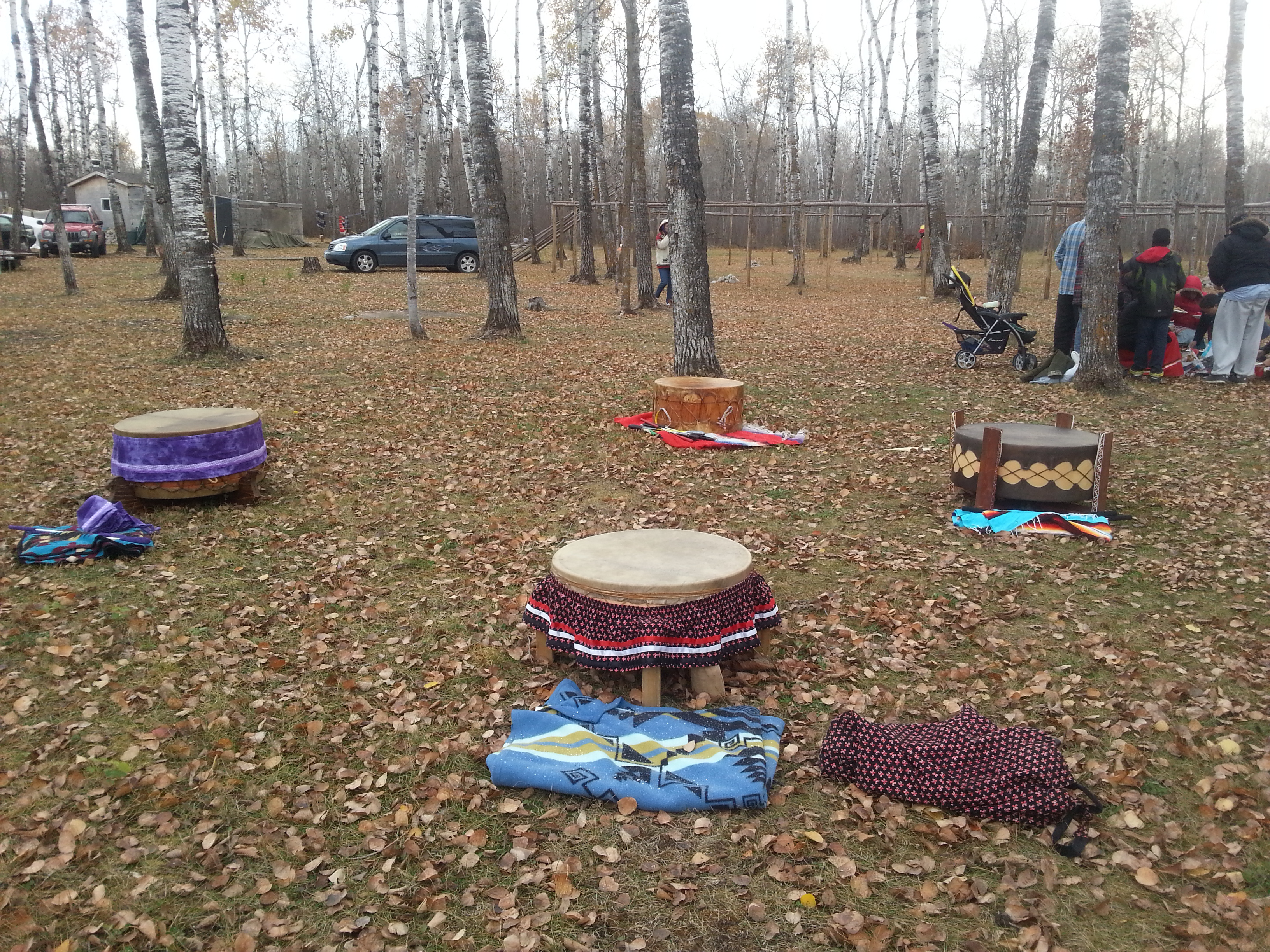I think we all get the concept that vegetables are good for you, right? It is pretty much common knowledge these days; vegetables good, fast food bad. The problem isn’t that people don’t know what to eat, it’s that fresh vegetables aren’t cheap and aren’t as readily available.
People who live in Winnipeg’s core, North and West Ends are living in what are called “food deserts.” These are areas where people have little or no access to grocery stores. Ever notice how chain grocery stores seem to have “abandoned” the North End? Bussing a couple hours once a week just to lug groceries doesn’t sound like fun to anyone – especially in the middle of your typical Winnipeg winter.
So what are your options for affordable healthy eating? Well, you can check out winnipegfoodsharecoop.org and take advantage of their Good Food Box program, or if you have the space and ability you could pick up gardening!
I’ve been living on the cheap for a while now—six years as a student and now as a broke graduate—sometimes dabbling in veganism and vegetarianism, so I’ve learned some tricks on how to make cooking vegetables delicious, easy, and cheap. But at the end of the day, when you work three jobs you don’t always have the time and energy to stir fry some veggies, and vegetables have a time limit. So more often than not I end up chucking rotten vegetables – not only am I wasting money, I am making waste.
So this brings me to my new project: turn my ugly West End back yard into a plentiful and sustainable garden! Eat healthy, save money, and reduce waste! Oh wait – it’s about to drop to below zero temperatures and cover everything with snow? What can I do to get started now? Well I’ll tell you what I did, I built myself a compost bin and started collecting my organic waste so I can kick that garden’s butt next summer.
Now you can buy compost bins from the city, or you can dig through your basement and find some of those busted up old Tupperware storage containers and use those. You only need one bin and its matching lid—size is really up to you and how much you think you are going to compost—a hammer and nail (or a power drill if you are fancy), and a sharp knife or X-Acto blade.
Start by punching holes all over the container and lid, pretty much as many as you can fit, about two inches apart. If you are using a hammer and nail it can be a tedious task, but your compost needs to be able to breathe without holes big enough for rodents to get in. Use the knife to cut some slots along the bottom edges to allow drainage. If you have a second lid you can put it underneath the container to catch the drainage and use it to feed your garden as well. If it isn’t obvious, you want to keep the bin outside – it will get stinky.
Personally, I have an old cat litter bucket in my kitchen and I empty it into the bin outside every couple days. I put up a crudely written sign so my roommates know what they can compost, it reads:
Hey mother fuckers! Lets be conscious of our shit. Here’s what you can compost:
Raw vegetables and fruit, plant waste, wood ashes, small pieces of cardboard, coffee grounds and filters, dryer lint, egg shells, hair, news paper, tea leaves and yard waste.
Let’s plant a garden so we can stop killing ourselves with McDonalds.
Turn the compost every once in a while; in three to six weeks it is ready to fertilize your garden. Plant some tasty veggies and herbs, share them with your friends and family, and be happy.




Man, that isn’t composting, it is just storing garbage. Composting is being careful to blend your greens and browns properly for rapid decomposition, keeping the material moist, and fluffing it up every 4 to 7 days to let out the carbon dioxide and let in some oxygen. It will NOT stink, and can be done inside easily if you can get a handful of composting worms to toss in the mix.